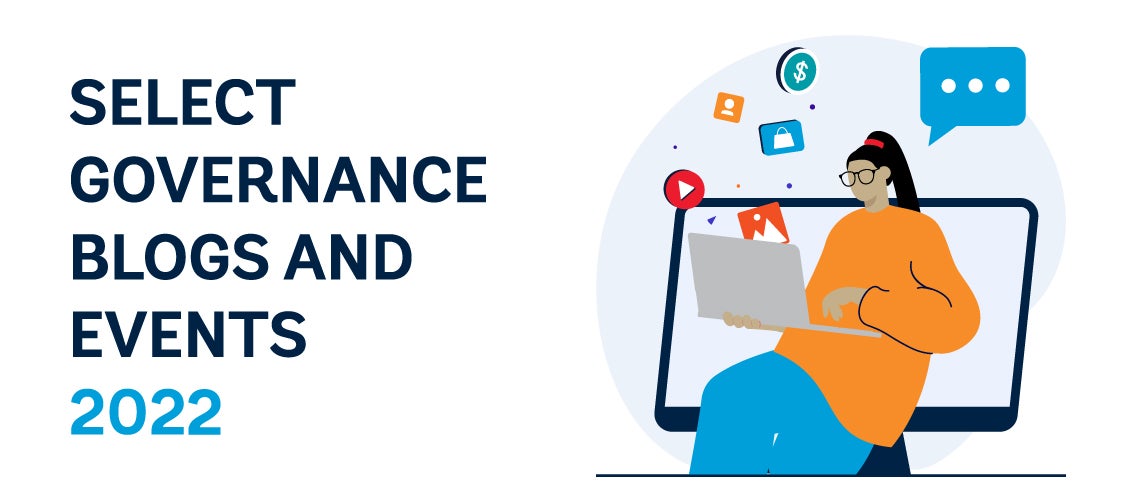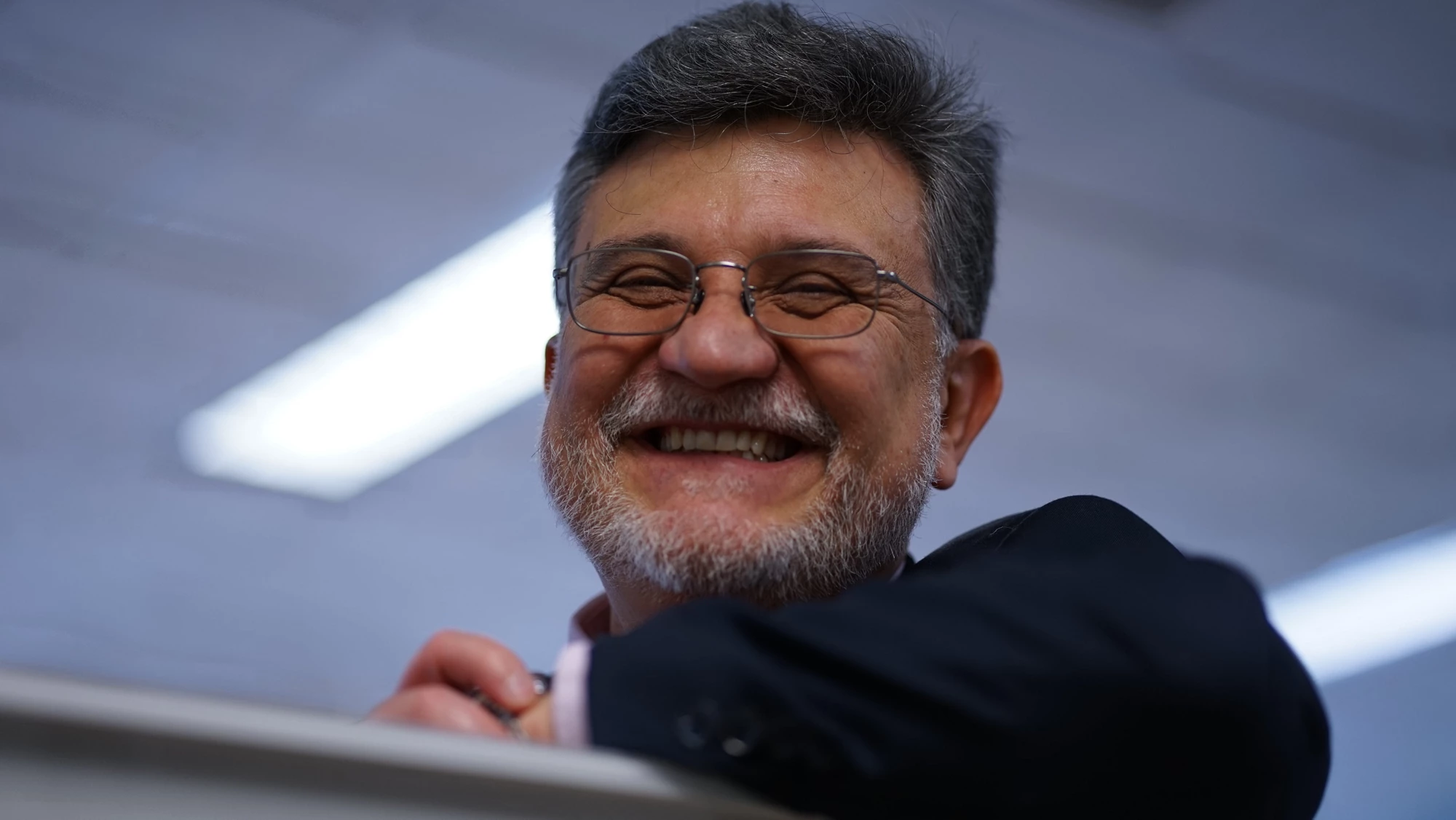 alexdndz / 2022
alexdndz / 2022
What a year it has been!
As the world continued to deal with the impact of the COVID-19 pandemic and managing multiple crises, including the war in Ukraine, climate change, high interest rates, energy and food shortages, governments were confronted with more demands from citizens while having to manage tight fiscal space.
To help navigate this complicated scenario, the World Bank Governance Global Practice teams worked on various streams to support governments in creating stronger institutions. In this blog, we highlight some of these initiates and programs:
January
Fragile and conflict-affected states: the role of the public sector as an employer
This blog post is part of a series for the 'Bureaucracy Lab,’ a World Bank initiative to better understand the world's public officials. Read the last blog on gender in the public sector.
February
The role of subnational governments in combating climate change
Mobilizing all levels of government has long been recognized as a vital tool in climate action. Yet, even though the fiscal federalism theory provides clear guidelines for designing intergovernmental cooperation, many countries.
March
Successful infrastructure projects require efficient governance
We identified in eight aspects how countries can better prepare for, respond to, and recover from disasters.
Resilient and inclusive public financial management systems enable governments to respond better to disasters.
Weak governance often has severe consequences for infrastructure projects. Many countries struggle with governance-related issues, on average wasting about a third of their infrastructure spending due to inefficiencies. The good news is that a new assessment tool developed by the world bank can avoid such large waste.
April
State-owned enterprises during a crisis: assets or liabilities?
Across the world, the pandemic-induced global recession has forced countries to rescue their respective SOEs through measures such as debt restructuring and debt relief. But is this the right thing to do? Should governments step in to save SOEs? Are they too big to fail? Should they not be capable of supporting themselves like any other enterprise?
May
Learning from Senegal’s experience in implementing the World Bank’s Program for Results
The World Bank’s Program for Results (PforR) instrument is helping governments strengthen public finance management (PFM) systems. This blog looks at the three lessons from implementing PforR in the West African nation.
June
The Future of Government: Basic Education and the (limited) role of technology in complex human endeavor
The Future of Government is an exciting new initiative, a call to action to reimagine how governments act that will make governments a greater force for good in addressing the many complex challenges people around the world face.
e-Parliament Systems and the Future of Parliaments
Five key recommendations are made to help countries aiming to convert to an e-Parliament system to serve citizens more efficiently and transparently.
July
Customs reforms help Somalia increase tax revenue despite COVID-19 and fragility.
To help finance the country’s human capital, infrastructure, and public service delivery needs, the federal government, with support from the World Bank Group, is building the domestic revenue mobilization capacity of both the customs and inland revenue administrations.
August
In the fight for gender equality, what is not in the budget is demagoguery.
In remote and most vulnerable areas of Kenya, 16% of girls did not return to schools once they reopened, while the dropout figure was 8% for boys. In other words, everyone was affected, but the girls were twice as affected. However, the sharpest impact on the gender equality perspective has been on women’s employment and economic activities and their exposure to gender-based violence.
September
When hurricanes strike with calamity & inequality, it is time to apply the great equalizer: Gender Responsive Procurement
Global data demonstrates that disasters do not affect all people equally. Thus, the Caribbean States attempted to introduce emergency gender-responsive procurement by giving preference to women-own (WOB) and women-led businesses (WLB) in disaster response and recovery.
October
Good governance can speed up post-COVID economic recoveries
During the pandemic and after, demands on the role of government have increased, while confidence in government has fallen. Expectations from citizens and the private sector for more openness, greater accountability, and less corruption are growing as governments navigate their new operating environments. How can the World Bank make central and local institutions more effective?
Using digital technologies to improve resilience and inclusion in Indonesia
The pandemic exposed the weaknesses in Indonesia’s service delivery system. There is a pressing need to adopt digital technology and modernize the public sector for a more inclusive and resilient society. A new World Bank report explores how this can be achieved.
November
The increasing role of government
The crises over the last few years, from the Covid-19 pandemic to the current energy crisis that resulted from Russia’s invasion of Ukraine, have pressured governments to respond quickly to the increasing needs of their people. In the process, it has brought focus on the market for good governance in preparing for a crisis and responding to it.
VOICES: Closing the digital divide; Rich countries are doing better
As governments rise to meet the challenges posed by several crises, there is more awareness about the potential of digital transformation to make public sectors more efficient, transparent, responsive to citizens, and resilient.
December
Corruption in public procurement is a women's rights issue too
Public procurement represents a substantial portion of countries’ GDPs. Yet, women are largely excluded from this market. The main reason for this is corruption, says Prof. Sope Williams, a leading expert on the subject.
Controlling Corruption is Not Optional
Corruption is a fundamental development problem. It hurts the poor and erodes progress. How is the world bank fighting corruption?



Join the Conversation